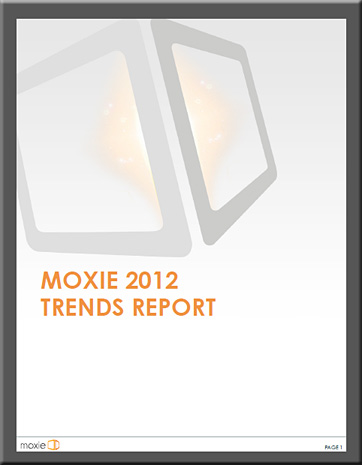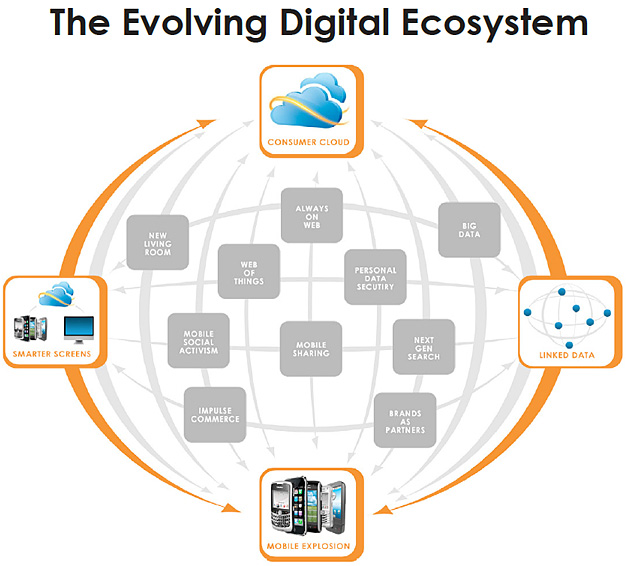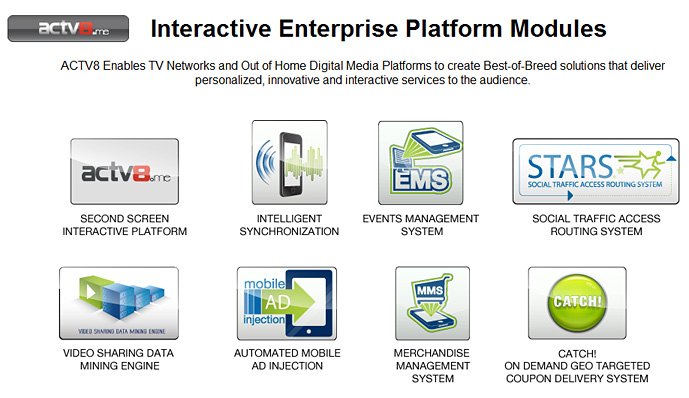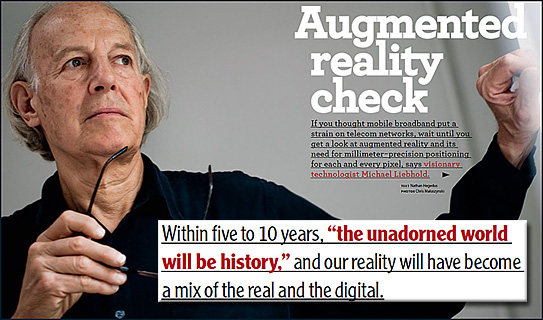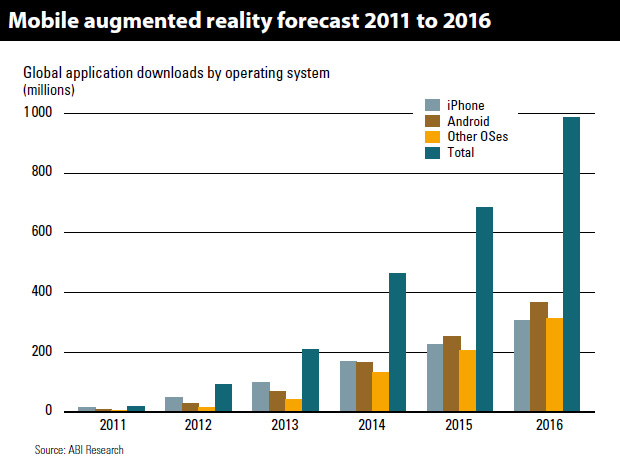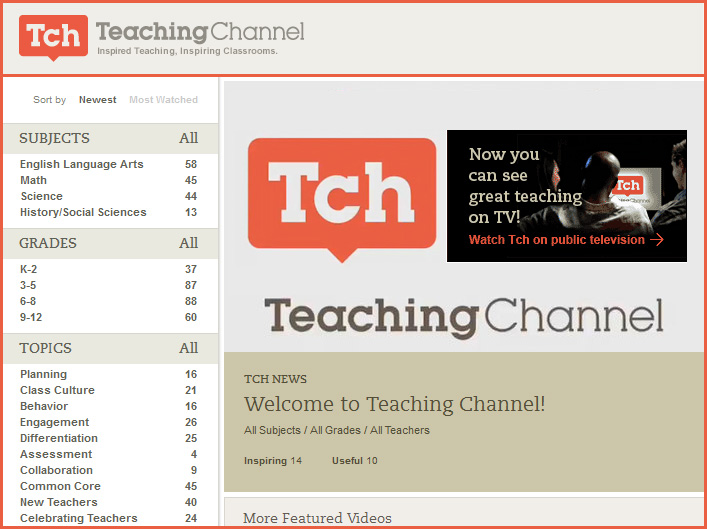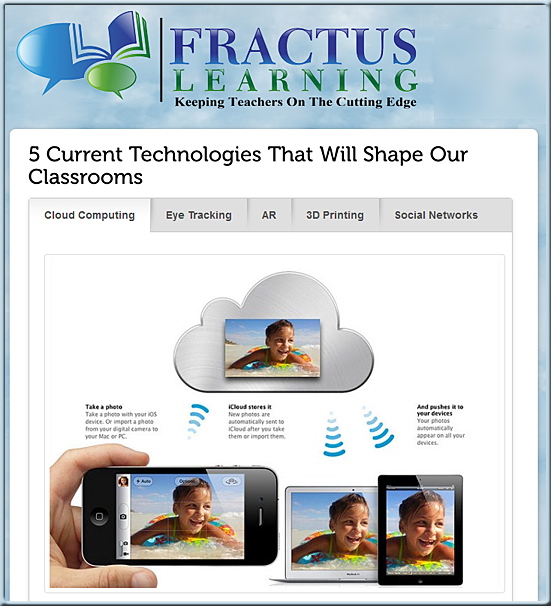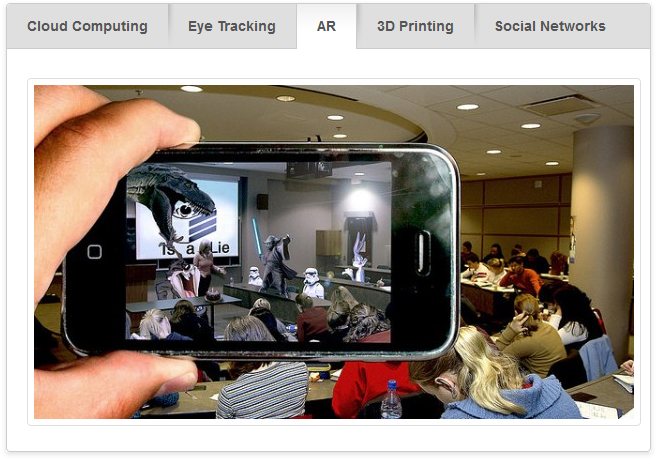From DSC:
Below are some items concerning the continued convergence of the telephone, the television, and the computer — it involves the smart/connected TV as well as human-computer-interaction (HCI)-related items. But this time, I’m focusing on a recent announcement from Microsoft.
However, I have to disagree that, given this announcement, Microsoft will now rule the living room — or at least I surely hope not. Why do I say this? For several reasons.
1) How long has Microsoft Office been around? Years and years, right? If you think that Microsoft should control your living room, I ask you to show me how I can quickly and easily insert some audio-based feedback with one easy click of a record button within Microsoft Word. Go ahead and check…such a quick and easy method is not there….still…and it’s almost 2012. (BTW, here are some resources on this if you’re interested in seeing how this could be done, but you will quickly notice that this is not a streamlined process — and it should have been so years ago.)
2) Performance/not doing what it’s supposed to do. My Dell PC running Windows 7 still can’t even shut itself down half the time. It just sits there with wheels-a-spinnin’ at some point…but not powering down. I’m not sure why this is the case, but I never have had trouble with this simple task on my Macs.
3) Regarding troubleshooting Microsoft’s solutions, an entire support industry has been built on supporting Microsoft’s software — go to a local bookstore and see how to get MS certified on some particular package/application/service — none of the books are thin.
4) Security has never been Microsoft’s strong point.
Bottom line:
I think you get my point. Microsoft has a loooooonnnnngggg way to go in my mind before I want their products and services controlling my living room.
With that said, I do congratulate Microsoft on being more innovative and forward thinking with the Xbox announcements mentioned below. I just hope that items such as usability, user experience, security, and streamlined interfaces are high on the list of their priorities/deliverables.
Disclosure/note:
I do use PCs with Windows a significant amount of the time and they do a nice job with many items. But if I were to assign grades to Microsoft, usability, performance, and security are not items that I would give A’s to Microsoft on.

Upgrade: The Xbox 360 Slim game console.
Also:









